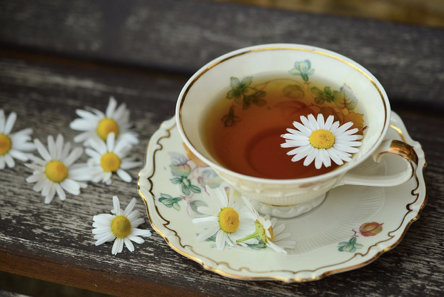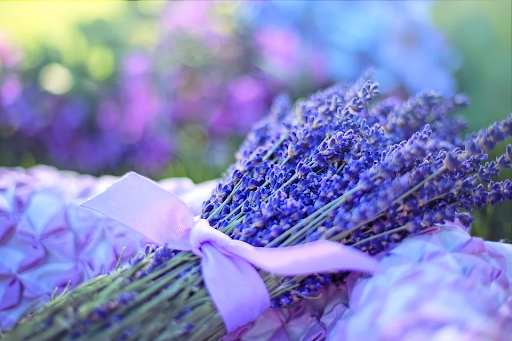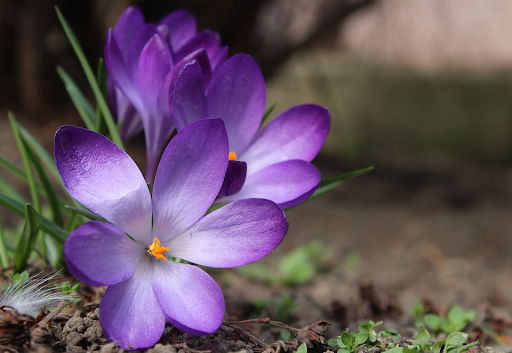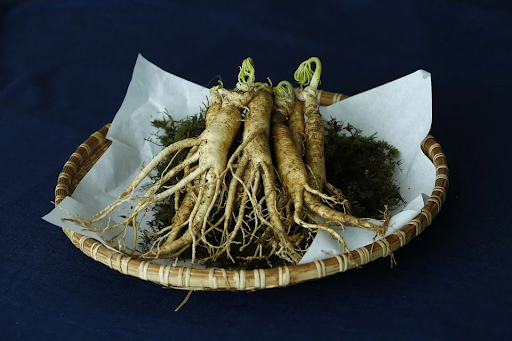Many of us go through life living with recurrent mood disorders. Some relate to depression, but they can also encompass anxiety and other conditions.
Herbs, however, have long been used in the treatment of these conditions. Even in the ancient world, people knew that certain herbs and species could make a massive difference to their wellbeing. Only now is western science slowly discovering that there was a lot of knowledge in ancient medicine and that certain plant compounds can help.
According to data from the National Institute of Mental Health, around 6.7 percent of the US population experienced a severe major depressive episode last year. In 2020, that figure could go even higher because of the effects of the pandemic and fallout from unemployment. For these reasons, we need herbs more than ever.
You can’t get mental health-promoting effects from any old herbs, though – you have to choose the right ones.
That’s where this post can help. We’re going to look at the kinds of herbs that could benefit you and their unique action on the mind. By the end of the article, you should have an arsenal of plants to try that could help you.
Lavender
Telehealth services will sometimes recommend that people with mental health problems smell lavender. Research suggests that lavender has profoundly positive effects on mood disturbances, reduces anxiety, and improves sleep.
The effects are surprisingly powerful, so much so that many people put bunches of lavender on their desks to help them at work. The plant may help them get into a flow state, improving their productivity tremendously.
Saffron
The spice saffron is notoriously expensive, but the plant is actually surprisingly cheap and easy to grow. That’s because it produces only a tiny amount of spice. Even so, data from review studies suggest that it might counteract some of the symptoms of depression. So if you can grow it in your garden and then bring it indoors in a vase, it could be just what you need.
Ginseng
Ginseng is one of the most famous plants in Asia, thanks to its purported medicinal properties.
The Chinese have been using the plant for thousands of years to give people energy and mental clarity. Now, though, there’s evidence that it could help people with depression.
The reason for this comes from its effect on libido. People with depression often have very little drive to do anything. It can make it a challenge to get out of bed.
Ginseng, however, puts a fire in your spirit and makes you want to do things. It may, therefore, positively boost mood and make you feel better about life.
Chamomile
Chamomile is an ancient remedy for depressive symptoms. Historically, people took it in tea after a tragic event or when life was getting them down. It helps to reduce feelings of anxiety according to science, though the results are not definitive. You can grow some forms of chamomile in a greenhouse if you have one. Otherwise, you can buy tea containing it from the supermarket.




